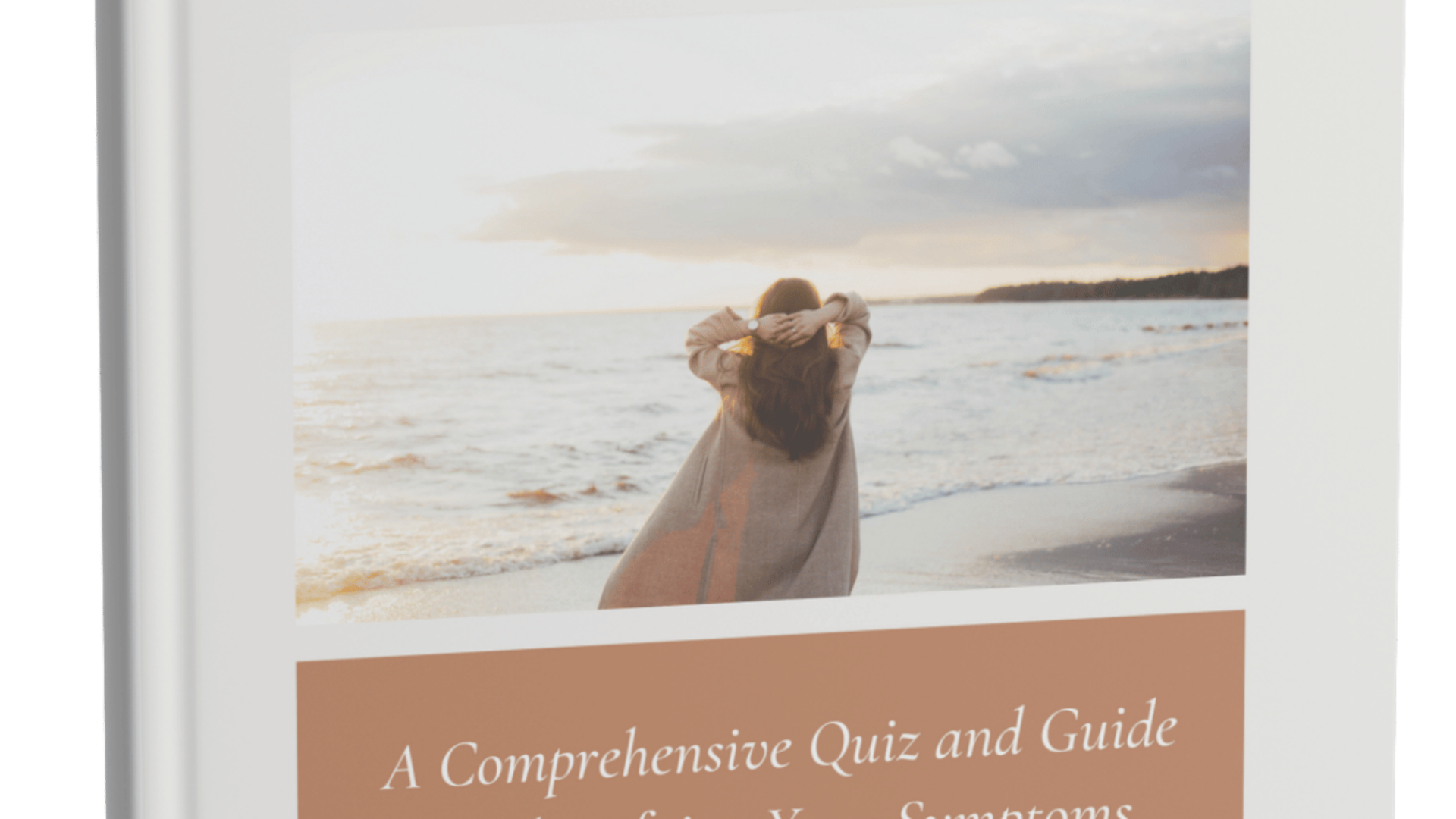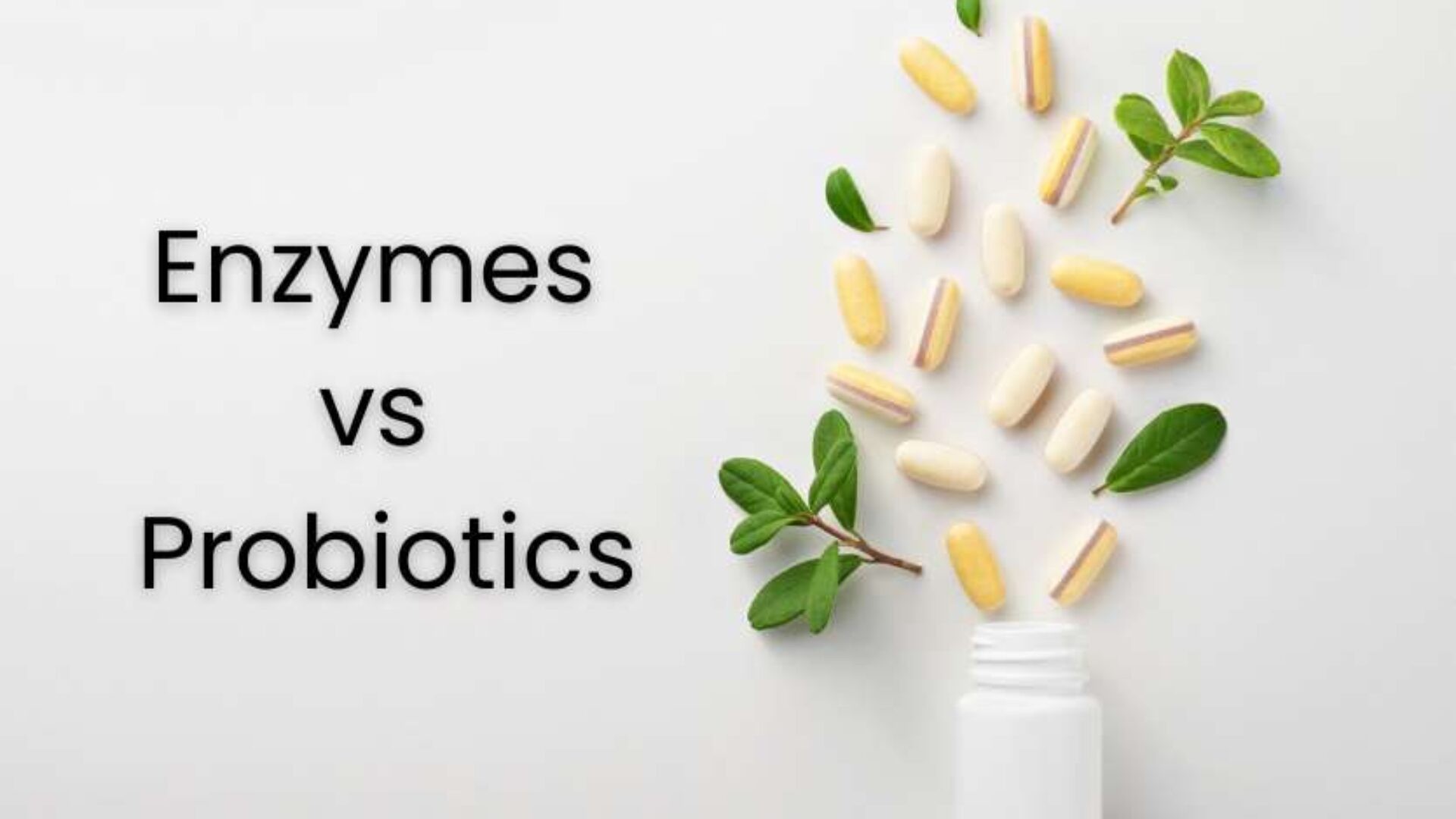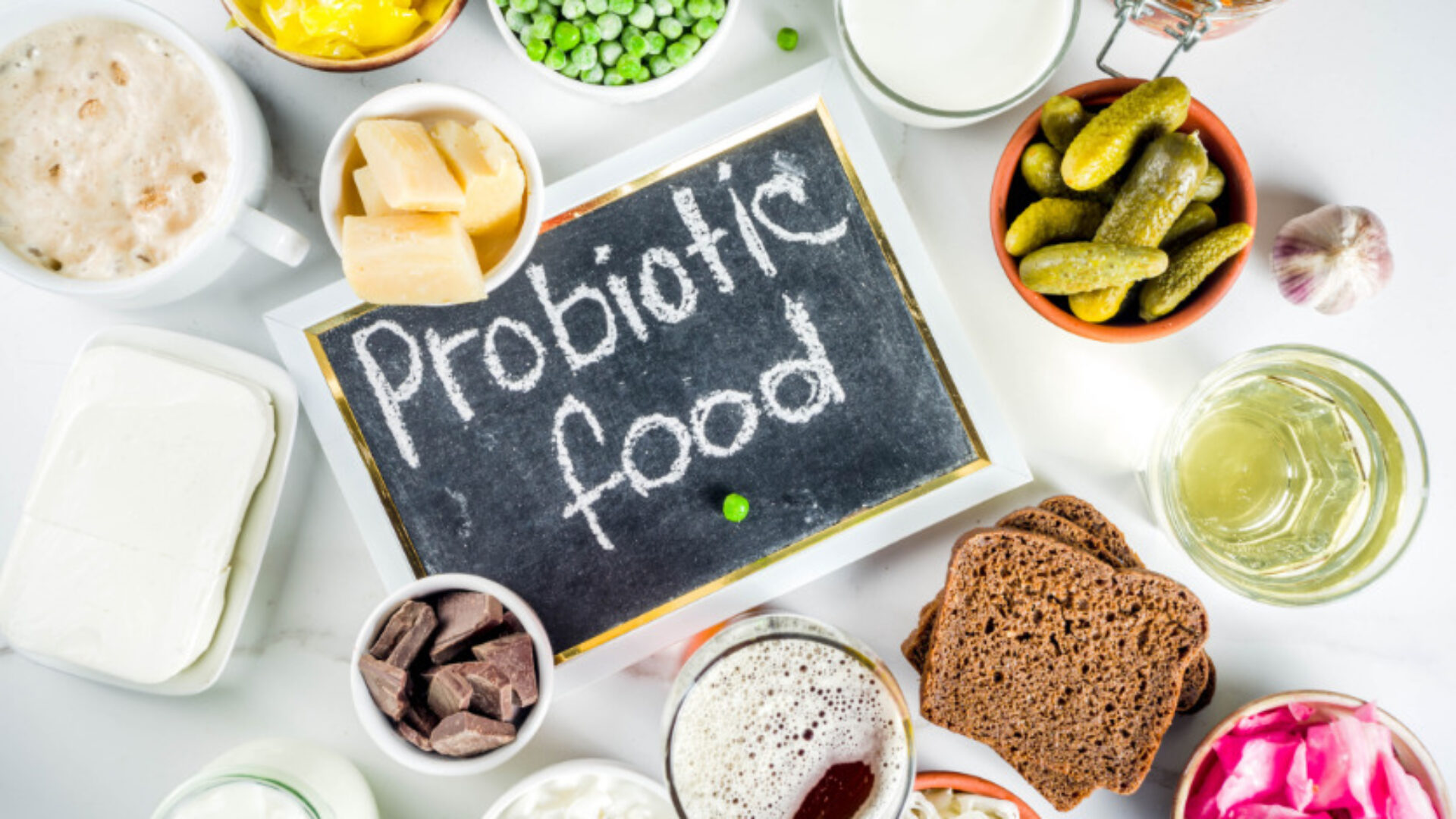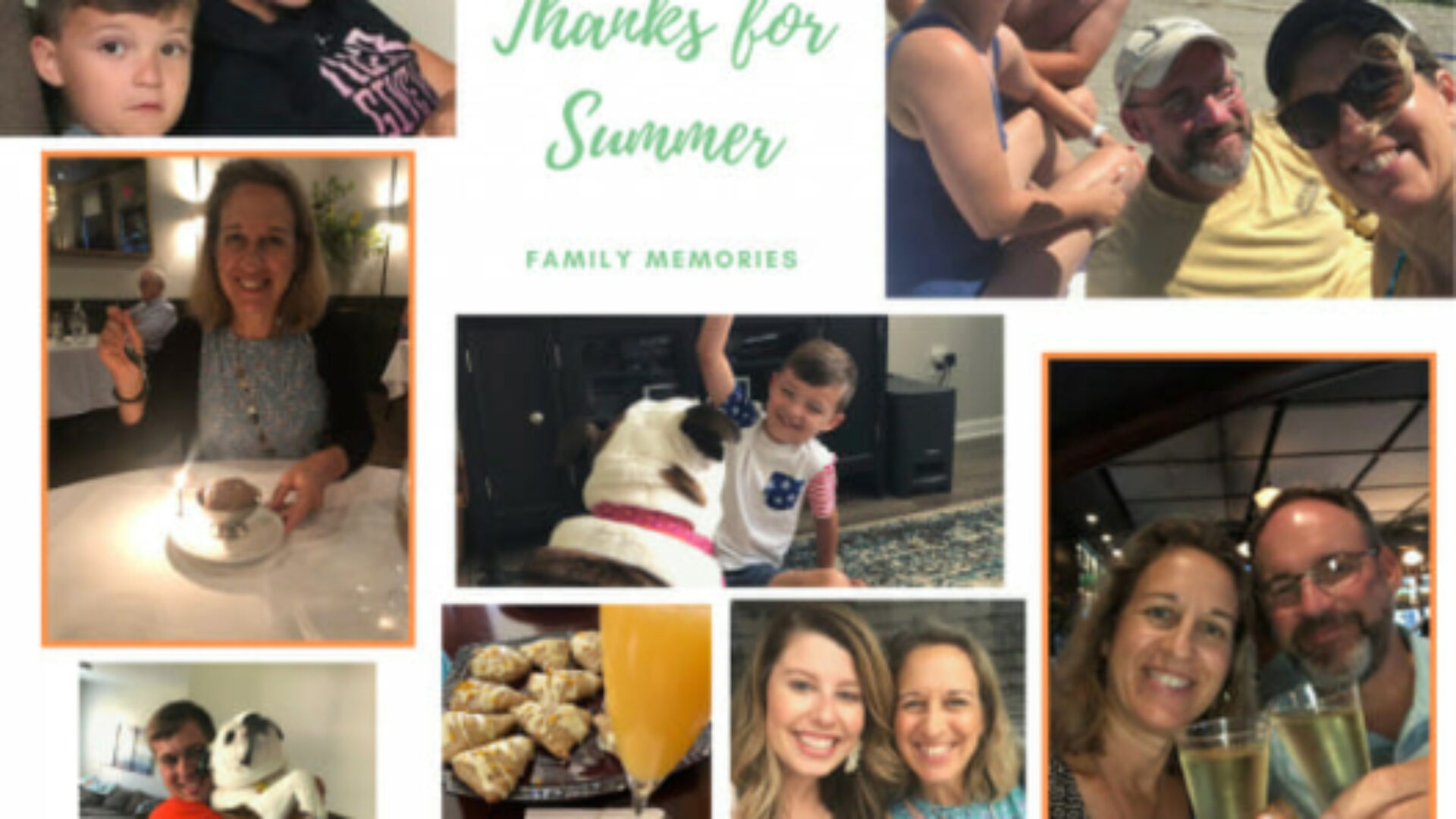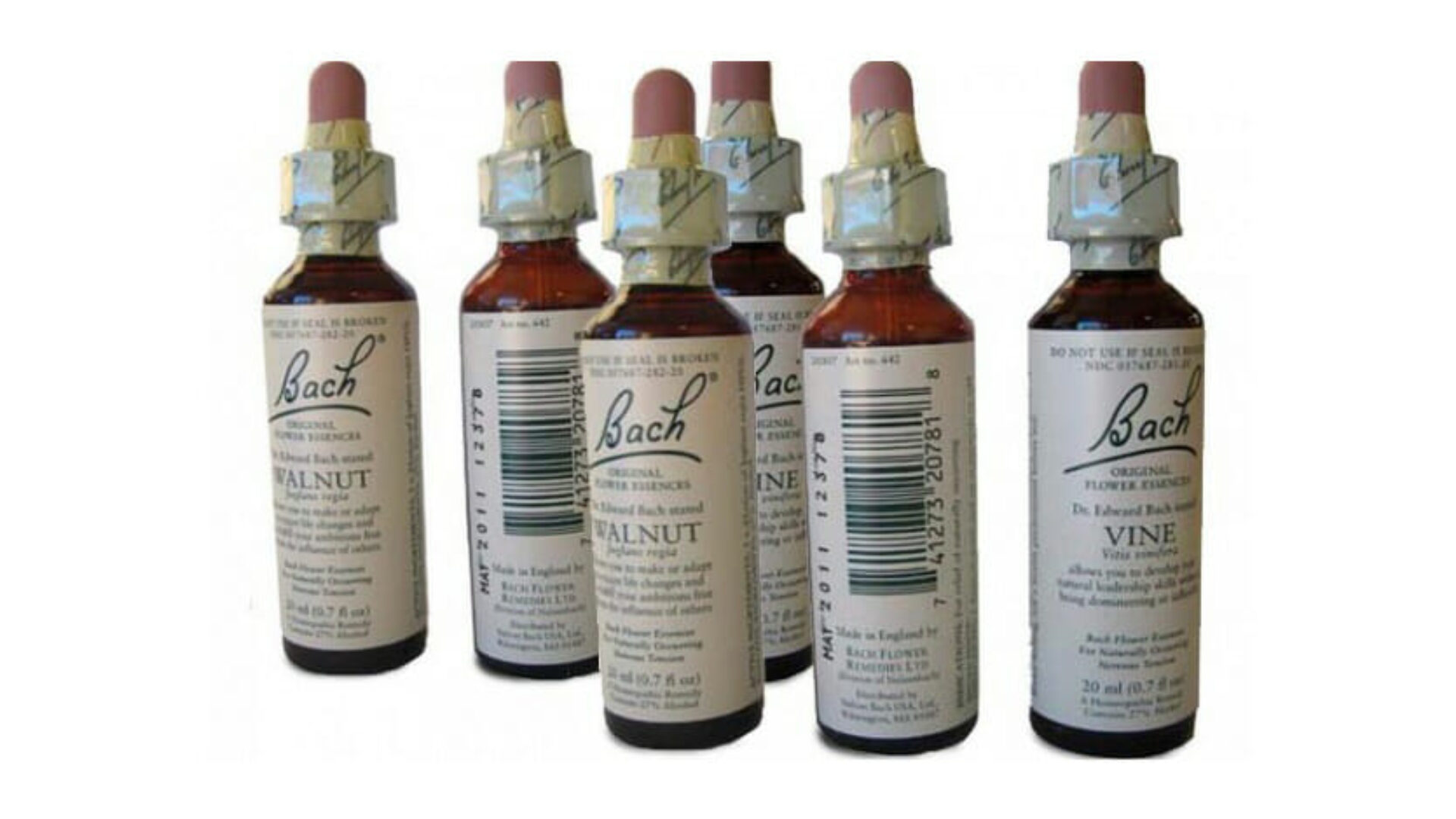Burnout or Adrenal Fatigue
Is it Burnout or Adrenal Fatigue? These two are often confused because they share similar symptoms, such as exhaustion and stress. However, they are distinct conditions with different underlying causes and treatments. Let’s first look at burnout. Burnout: Causes: Primarily caused by chronic workplace stress that has not been successfully managed. Can result from long-term involvement in emotionally demanding situations, such as caregiving or other high-stress environments. Symptoms: Emotional exhaustion: Feeling drained and unable to cope, experiencing a lack of energy. Depersonalization: Developing a cynical attitude toward work or feeling detached from it. Reduced performance: Feeling incompetent or less effective in work tasks. Physical symptoms: Headaches, gastrointestinal issues,…

